This Is What Life Could Look Like 200 Years from Now

Things have changed so fast in the last 20 years that it might seem crazy to predict what things might look like in 200 years. But that’s why we reached out to people who do this for a living—futurists, tech experts, and forecasters who don’t just think about what next year might bring, but macrotrends that are transforming the world around us over the long run. We tapped into their expertise to try and get a sense of what things might look like in the year 2218—the good, the bad, and the dystopian. And if that’s too far into the future for you to wrap your mind around right now, check out This Is What Life Could Look Like 100 Years from Now.
1
The Environment Will Make a Comeback

From climate change to rainforest destruction to the pollution of our oceans, the world might seem like it might have trouble surviving another 200 years of human development. But Alexandra Whittington, foresight director for forecasting consultancy Fast Future, believes that in two centuries, Mother Nature will be on the rebound from near-collapse.
“If today’s decision-makers choose to put resources toward avoiding ecological collapse (including strict adherence to carbon policies, and full support for the development of renewable energy), the world of 2218 might be a more healthy and balanced place where life can be supported for hundreds of years to come,” says Whittington.
She points out that scientists, including the late Stephen Hawking, warn that we have 100 years of life left on this planet—but it does not have to play out that way. “If we take that advice today, and begin repairing things now, we may have a very desirable, functional and safe ecosystem for future generations to enjoy,” she says. “If we do not, I doubt there will be much to see in 2218.” And if you want to do your own part, here’s The Single Best Way You Can Help the Planet.
2
Lifespans Beginning Then Will Go for 200 Years

Lane Mendelsohn, vice president of VantagePoint Software, as well as a tech and artificial intelligence expert, points out that thanks to advancements in the healthcare industry, lifespans have steadily increased over the past 100 years, even doubling. If technology and innovation continue apace—for example, self-driving cars that significantly reduce the likelihood of car accidents and fatalities—we can expect that kind of growth to continue.
“As life expectancy doubles, the time horizon that people will have to provide for their families will also double,” he says. “This will result in an emphasized need to find new ways to protect and grow their hard-earned income for their lifetime which could span 200 years.” For more on our future selves, check out the 30 Craziest Predictions About the Future Experts Say Are Going to Happen.
3
Genetic Engineering Will Be the Norm

Stylianos Kampakis, a data scientists and machine-learning expert, agrees that lifespans will be extended ever-further, but for a very particular reason: “Gene manipulation and medicine leads to increased lifespans and elimination of many diseases.” And to extend your own lifetime the old-fashioned way, try these 100 Ways to Live to 100.
4
Neural Implants Will Be a Thing

While psychiatric medication has made huge strides in the past few decades, in 200 years, we might find more passive and hard-wired ways to improve our mental wellness.
“We might develop neural implants that can perform all sorts of advanced functions. For example, instead of taking medicine, someone could have a device improve their attention span, with no side effects,” suggests Kampakis.
He adds that neural implants can similarly be used in healthy individuals to improve cognitive function—assuming “that we have decoded the brain and the neural code within 200 years.”
5
We’ll Go Part Android

Kampakis also believes that gadgets will become more intelligent and more integrated into our bodies. We already see it head that direction with the rise of wearables and AR devices like Google Glass. Expect that to grow.
“We will have smartwatches that gather all sorts of data about our bodies (from heart rate to blood tests), monitor our health and diagnose problems before they happen,” says Kampakis. “People will still attempt to build bionic prosthetics, like in sci-fi movies (e.g., artificial eyes). This effort will most likely lead to smart prosthetics for people who have lost a limb.”
Chris Nielsen, founder and executive vice president of experience design for Levatas, as well as a thought leader and futurist, agrees that, “Due to its benefits for both individuals and society as a whole, all humans will be required to participate in the new world order of ‘technology-enhanced humanity.'” To learn more about the android in your pocket, check out these 20 Amazing Facts You Never Knew About Your Smartphone.
6
We’ll Get Along With Robots
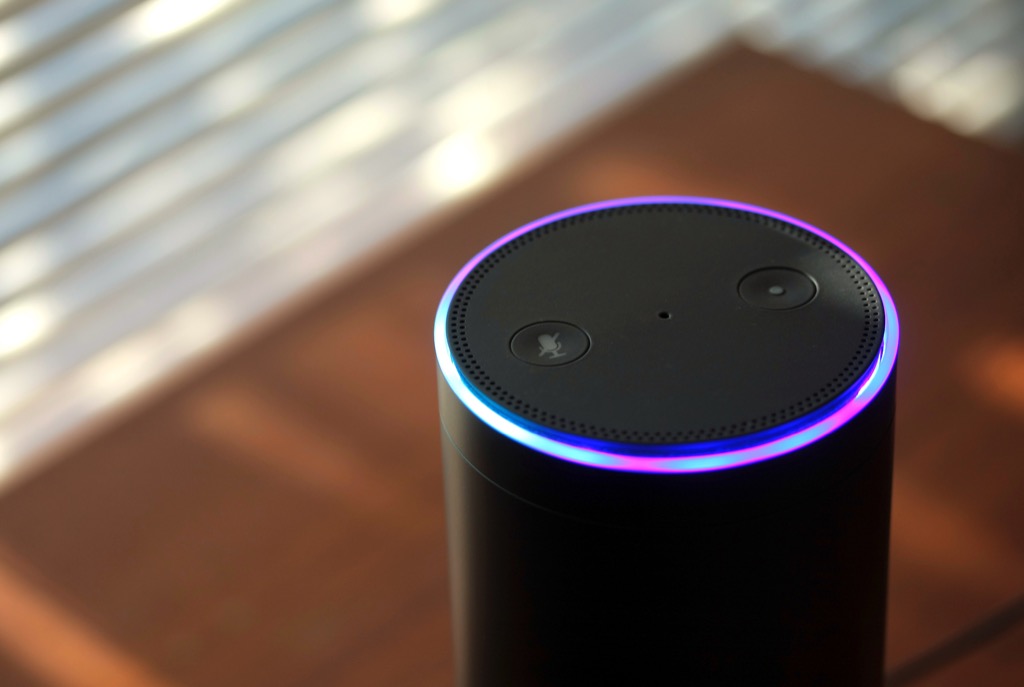
Perhaps because we become part-robot, the proliferation of artificially intelligent beings (think Alexa on steroids) will grow and evolve. But while that might bring visions of a vast robot takeover, more likely, according to Chris Nicholson, CEO of Skymind, a deep learning/AI company, we will get along quite well.
“We will co-exist with AIs based on much more powerful clusters of hardware, whose intelligence will far outstrip our natural intelligence,” he says. “With luck, we will learn to fuse with artificial intelligence and use it as an extension of ourselves.”
7
Wealth Will Be Less Important

As the quality of living increases for everyone, wealth will likely become less essential to a good life and relative comfort. Nikolas Badminton, a futurist and author, goes so far as saying that in 200 years, wealth and earnings will have no meaning whatsoever.
“We will have a world striving to be completely equal,” he says. “Leaders will be defined the goodness they do in the world, and the entire society will have an active role in building culture and sustaining communities.” Until then, here are the Best Ways to Be Better with Money Right Now.
8
Pop-Up Communities Will Rise

While technology will transform our way of life even further, we can expect that some pockets of the population will not be on board with the rapid shifts in the world and may opt to go their own way or return to life as it was once lived.
“There will be pop-up communities that choose to live ‘the old way’ off of the land and with a lack of technology,” predicts Badminton. “They will be seen as important parts of historical society and many people in the world will crave to visit those experiences as a reminder of how we lived, and how close we came to really screwing everything up.” And honestly, it sounds like those off-the-grid types will be the ones who know the 32 Secrets of a Stress-Proof Life.
9
We’ll Achieve Immortality
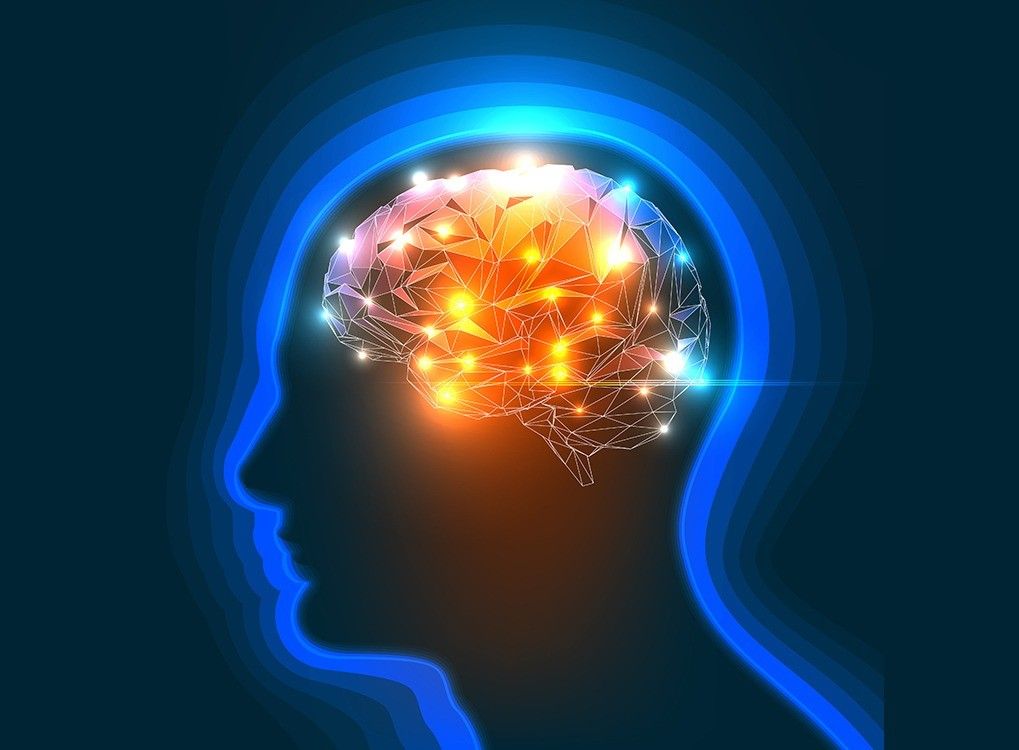
Well, maybe not in our physical form, but by doing what Scott Amyx, Wired writer and author of Strive: How Doing the Things Most Uncomfortable Leads to Success describes as “mind uploading” or “whole brain emulation.”
“In theory, the brain can be disassociated from the body, thus no longer limited to the lifespan of a biological body,” he says. “The human brain consists of 300 million pattern recognition modules and about 85 billion nerve cells in its neural network. Synapses or signals at the junctures between neurons are transmitted by the release neurotransmitters. Neuroscientists believe that functions such as learning, memory, and consciousness, are due to purely physical and electrochemical processes in the brain.” Until then, we’d strongly encourage you to read the 100 Best Anti-Aging Tips!
10
Brains Will Go Digital
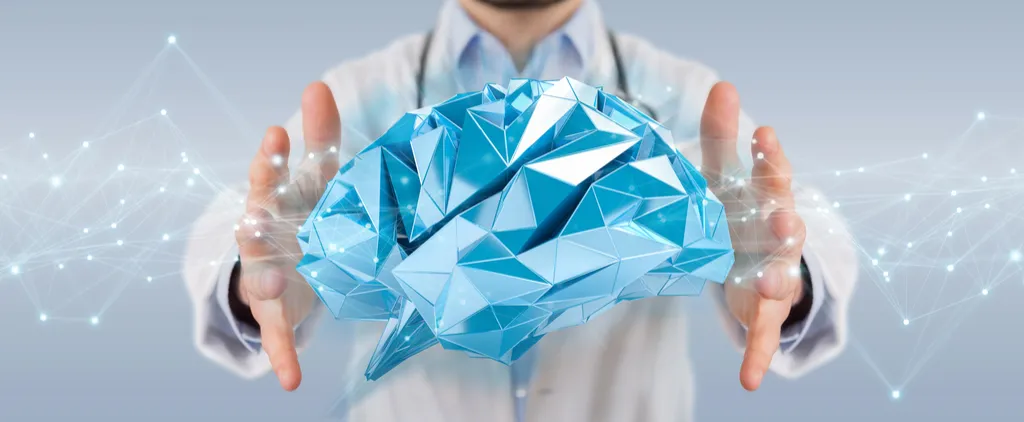
Nicholson agrees that our brains will likely be preserved in a virtual environment, getting digitized so that “we can coexist with everyone who ever digitized—our great great great (times 10) grandchildren.”
He points to the process of vitrifixation, which is helping to digitize animal brains now. And for more on changing life, here are 20 Present-Day Facts No One Could Have Predicted 5 Years Ago.
11
Energy Will Be Free

Or at least almost free. Rather than watching gas prices tick up along with our electric bill, Amyx predicts we will have commercialized nuclear fusion, which will enable us to have “an almost infinite, cheap energy source” that will bring make the cost of energy negligible. Until then, know the Single Best Way to Slash Your Energy Costs.
12
Oxygen and Food Will Be Expensive

But while the cost of energy will plummet, other commodities are likely to shoot up in two centuries, according to Amyx. He points to things such as gold, organic produce and even purified oxygen as things that will get pricier—as well as “foods grown underground and in labs and purified, clean water.”
13
We’ll Live in Hibernation Pods

Speaking of reconsidering the relationship between our mental and physical forms, in 200 years, we can expect to see technology that allows our bodies to be powered down while our mind can live a busy, virtual life. That’s the prediction of David Tal, president of Quantumrun Forecasting, a strategic forecasting agency.
“A significant percentage of the human population will live in hibernation pods where their bodies remain in stasis but their minds remain active in a virtual world,” he says, describing it as basically The Matrix, but without the evil AI overlords.
14
Rockets Will Replace Planes

Just as hours-long flights have replaced days-long cross-country train travel, a similar replacement is likely to happen as space travel evolves and democratizes.
“By 2218, most people will use space rockets to make international flights,” says Tal.
While that might sound pretty out there, Tal points out that companies like SpaceX and Blue Origin are making relatively speedy progress in reusable rockets that will lead to the cost of flying rockets dropping potentially lower than that of airliners.
“And since these rockets won’t experience any drag upon breaching the atmosphere, they will be able to fly from one side of the planet to another in less than an hour,” he adds.
15
We’ll Control Time

Don’t think of it as time travel as much as seriously enhanced time management. Cloudstreet CTO and Founder (as well as founding president of the WiMAX Forum) Mika Skarp, suggests that using high energy fields, we will become better at slowing or speeding up time to suit our needs.
“In this period physicists have begun the first large scale tests that demonstrate the ability to separate the time horizon from the event horizon using wormholes,” says Skarp. “This is generally considered the next great discovery after electricity.”
16
Men Will Bear Children

As technology and science advances, the things once considered fundamental about men and women may get further blurred, expects Skarp.
“Through a series of reproductive breakthroughs, males can now become impregnated and bear children and the difference between the two sexes has become insignificant,” he says.
17
Earth Will Go to One Currency

The level of collaboration and interdependence between nations today would seem unimaginable 100 years ago (even taking into account the nationalist movements that have been on the upswing in recent years). That is likely to continue even faster in the decades to come, according to Nielsen.
“The forces of globalization, and the merging of nation-states into unions, will have come to a head, and the Earth will have installed a single global governmental entity and a single currency,” says Nielsen. “Universal basic income will still exist, though in what form, we cannot predict.”
18
Colonization Will Become Normal
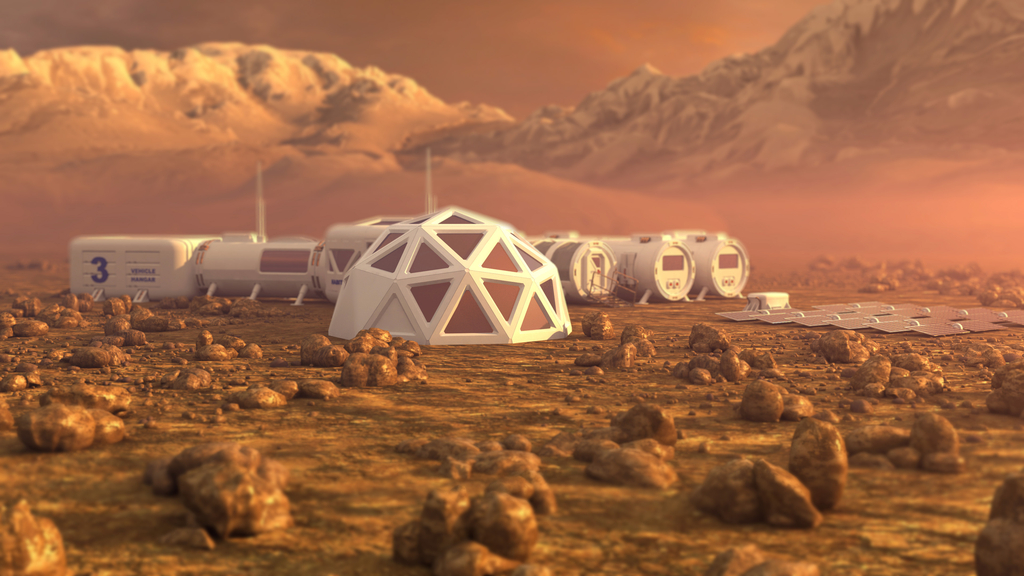
While a number of futurists expect that colonization of distant planets might begin as soon as the next 50 years, within two centuries, it looks likely to shift from a novelty to unexceptional.
“Humans will have found meaningful ways to live and begin re-populating on other planets beyond the moon and Mars,” says Nielsen. “This will no longer account for just the space-worker population, but their growing families, as well.”
19
The IGFP Might Be the New UN
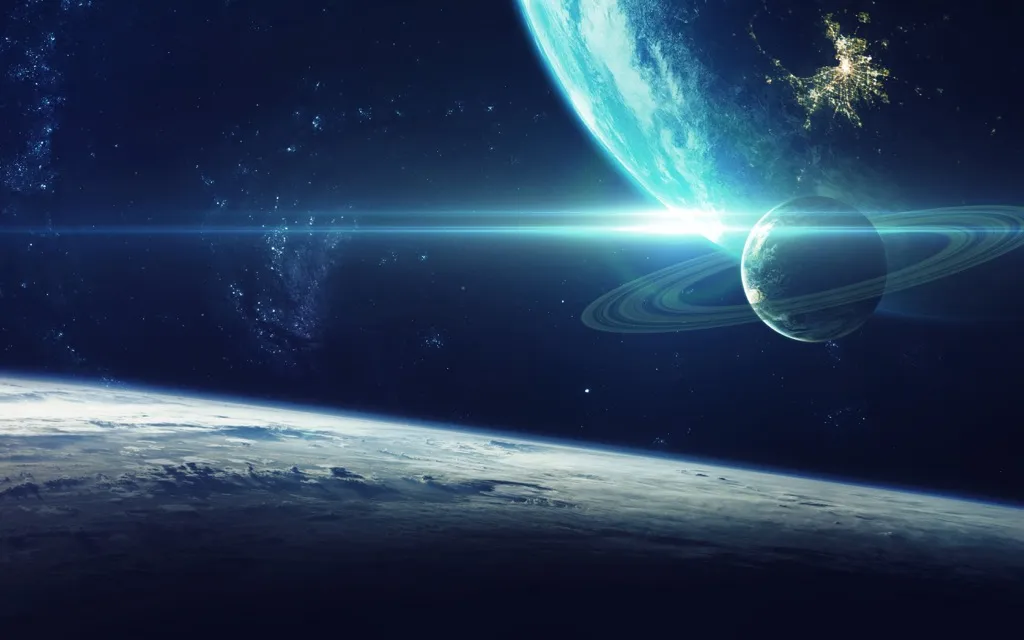
Things might go even further than that, however. In two centuries, especially if colonization of distant planets grows, we might see that approach extend beyond the Earth, suggests Fast Future CEO Rohit Talwar, with our planet becoming a member of something like the Inter-Galactic Federation of Planets.
“After the chaos of systemic failure, the planet gradually moved to adopt open, fairer, and more ecologically sound governance practices,” he suggests. “As Earth started to establish a new equilibrium, so members of the IGFP started to make contact and introduce us to their values, ways of life, and advanced science and technology. Earth finally joined the IGFP in 2120 after a prolonged period of transition and adjustment.”
20
We’ll Enter a Physical Multiverse

Amyx predicts that in 200 years, as our understanding of quantum mechanics develops ever-faster, we’ll even be able to jump between dimensions.
“Not only will we be able to transport information and data across unprecedented distances using the theory of quantum teleportation and entanglement but we may have begun to develop interplanetary and interstellar colonies,” he says. “Moreover, breakthroughs in quantum mechanics and space travel may enable us to travel faster than speed of light (not via nuclear fusion or a perpetual energy source) but through the manipulation of gravity, space and time.” For more on space, check out these Plans for Russia’s Luxury Space Hotel.
To discover more amazing secrets about living your best life, click here to sign up for our FREE daily newsletter!